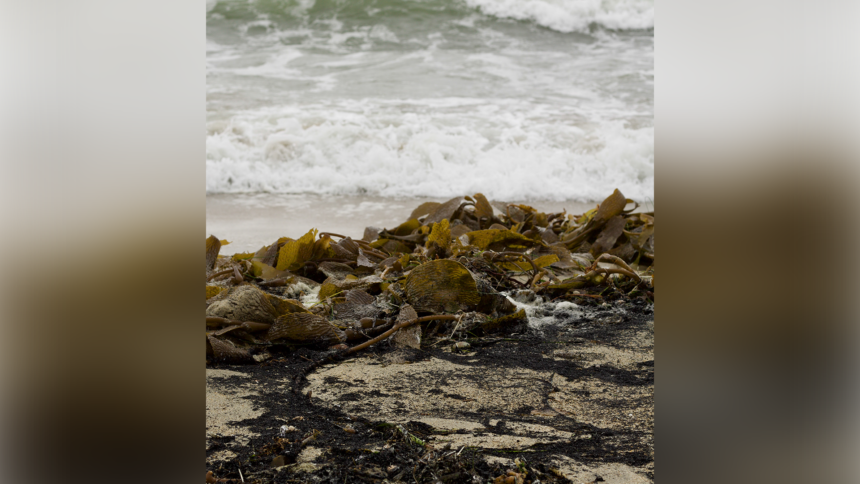MBARI: California wildfires could impact oceans

MONTEREY BAY, Calif. (KION) The Monterey Bay Aquarium Research Institute said that although they may never know the full impacts of fires on the Central Coast, it could affect marine life.
A study by Nature shows that about a third of black carbon from fires ends up in the ocean.
MBARI describes black carbon as the by-product of incomplete combustion of fossil fuels and biomass burned in forest fires, and it gets into the ocean by falling onto the surface as ash and charcoal. It then flows in with river runoff.
According to a study on the cycling of black carbon in the ocean, about 27% of burned carbon becomes black carbon, which can range from slightly charred biomass to condensed soot, but it can be reactive for long periods of time. Some of the carbon sinks to the seafloor, and in some places, about half of organic carbon in sediment originates from black carbon.
Oceana reports that smoke and ash from a fire can change water quality, and that could hurt marine life by adding nutrients like nitrogen and phosphorus. Severe burns could also leave behind heavy metals, nitrogen, phosphorus and other nutrients in soil, and that could wash into bodies of water when it rains.
Too many nutrients can over-fertilize and allow algae to take over, according to Oceana. The algae then can deplete oxygen supplies and deprive fish in streams and rivers. In oceans, Oceana said the same could be true, but there is less research to prove it.
MBARI said a change in growth rate of algae could have an effect on the ocean food web.
Before fires broke out around the Central Coast this month, MBARI said some of its researchers were already looking into how an increase in fire activity could change the amount of carbon at a long-term site off the coast. Long-term observations will help them understand how carbon and nutrients cycle between the surface and the sea floor and compare baseline conditions to changes caused by events like wildfires.
MBARI said changes in weather and oceanic cycles make it difficult to study the processes, but said as researchers learn more, it could help with understanding climate change, extreme weather and its impacts on ocean life.
